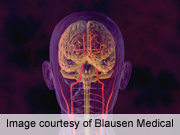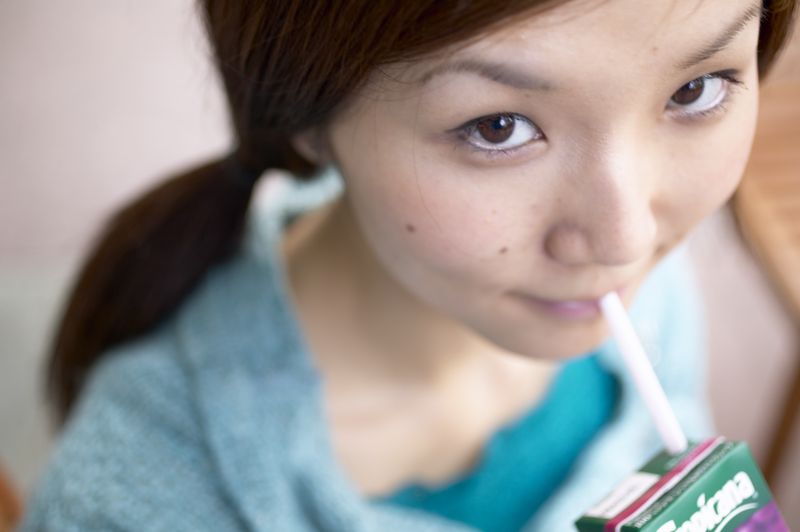
TUESDAY, Nov. 20 (HealthDay News) — The supplement citicoline does nothing to help improve brain function in patients with traumatic brain injury, a new study finds.
In the United States, citicoline is widely available at health food stores as a nutraceutical — a product that reportedly provides health and medical benefits — and is used by patients with a range of neurologic disorders.
Citicoline is also approved for treatment of traumatic brain injury, but such use had not been evaluated in a large, randomized clinical trial, noted Dr. Ross Zafonte, of Harvard Medical School, Spaulding Rehabilitation and Massachusetts General Hospital in Boston, and colleagues.
Their phase 3 clinical trial included more than 1,200 patients with mild, moderate or severe brain injuries. The patients started taking either citicoline or an inactive placebo within 24 hours of their injury and continued the therapy for 90 days.
Brain function tests conducted after the treatment period showed little difference between the two groups of patients. Rates of improvement ranged from about 35 percent to 86 percent in the citicoline group, similar to 36 percent to 84 percent observed in the placebo group.
A second evaluation, conducted six months after the brain injury, again revealed little difference between patients who took citicoline and those who took the placebo, according to the study published in the Nov. 21 issue of the Journal of the American Medical Association.
One expert said the study findings are disheartening.
The lack of any therapeutic effect “is another disappointment for individuals with traumatic brain injury,” said Wayne Gordon, vice chair of the department of rehabilitation medicine at the Mount Sinai School of Medicine in New York City. He said “it highlights the fact that traumatic brain injury as an injury is not ‘one-size-fits-all’ and research is needed to develop approaches to the better classification of brain injury.”
The study authors agreed, saying their findings suggest that the “worldwide use of citicoline for traumatic brain injury should now be questioned.”
Dr. Danny Liang is a neurosurgeon at the Cushing Neuroscience Institute, part of the North Shore-LIJ Health System, in Manhasset, N.Y. He said that the new study “gives the medical community the most objective way to evaluate this potential therapy.”
However, “this was a well-designed study that unfortunately gave disappointing results,” Liang said.
More information
The U.S. National Institute of Neurological Disorders and Stroke has more about traumatic brain injury.

